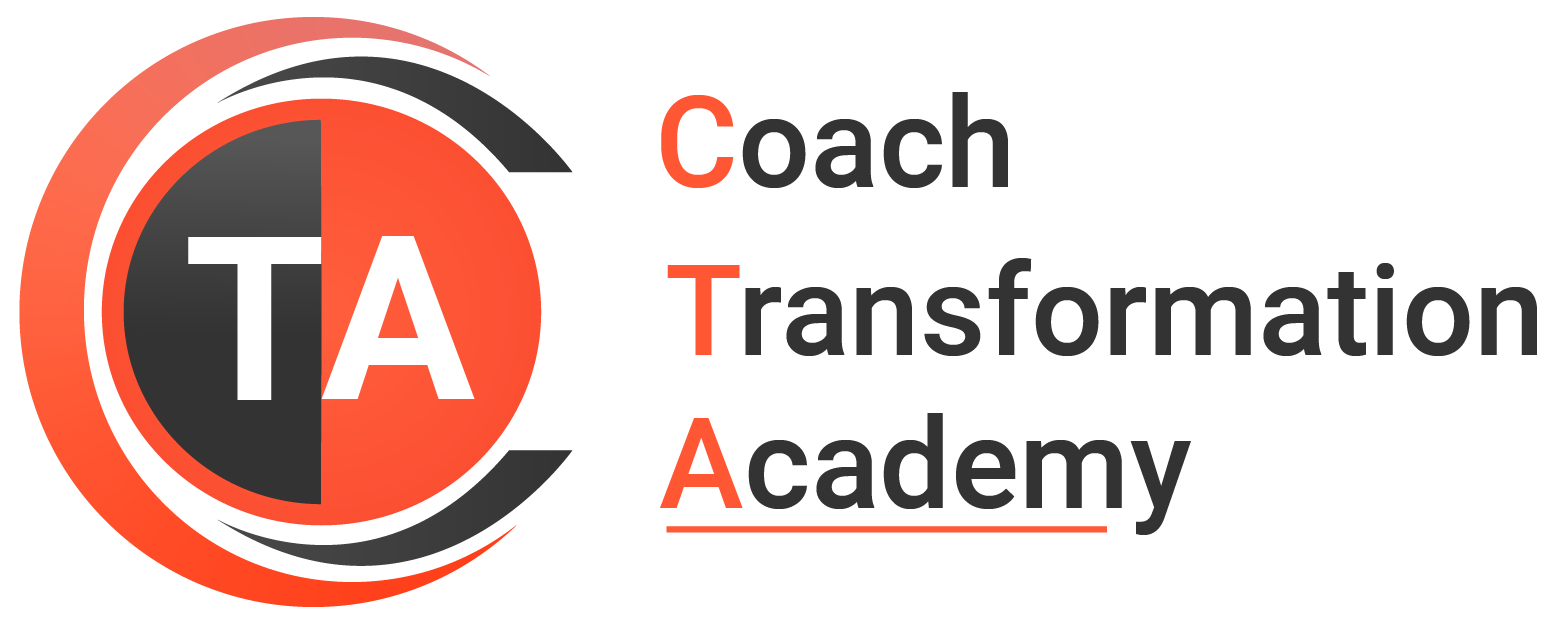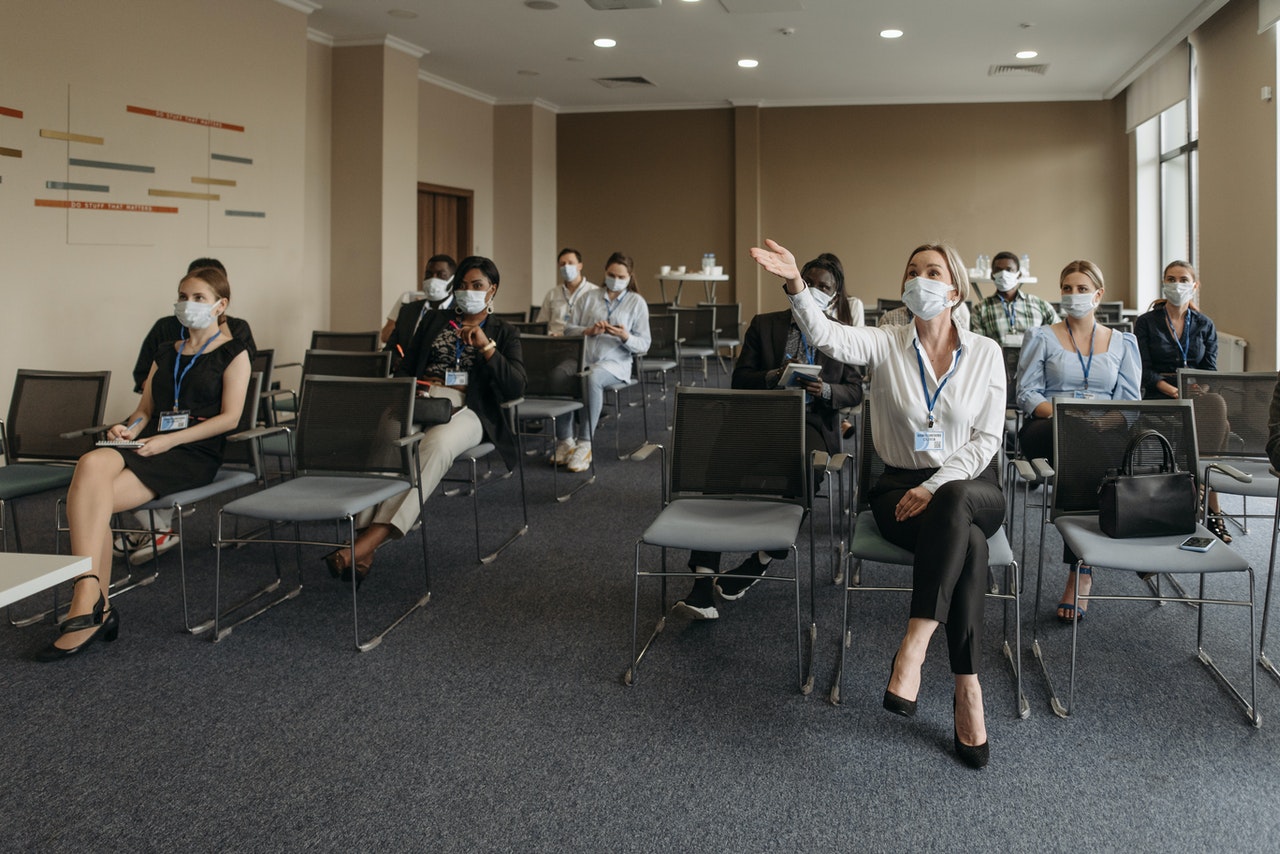Do you want to become a coach? Or is that training or mentoring you want to do? No? Is it counselling? Were you thinking all of the above to be the same thing!? Coaching, training, mentoring, and counselling are commonly misconstrued as the same thing, but they are different in theory and practice. So, if you want to get coaching training in the UK, it demands a distinctive approach.
Common Misconceptions about Coaching
It’s a common mistake to mix coaching with counselling or mentoring. But they are not the same. Both are different in approach, execution, and purpose. To clear the misconception surrounding coaching, training, mentoring, and counselling, given below are the specific definitions of each.
COACHING
Coaching can be defined as a one-on-one intervention on a personal level between the coach and the client using a collaborative and goal-focused approach towards a specific outcome that can be either for personal or professional development.
TRAINING
Training has a more direct approach where the trainer transfers specific knowledge on a particular topic in any form to the trainee. The trainer offers direct instructional guidance to the trainee for the latter’s skill improvement.
MENTORING
Mentoring is a bond shared between the mentor and the disciple based on mutual respect and trust. The mentee, in this case, has the desire to gain knowledge and wisdom from the mentor. The mentor supports and encourages the disciple, often providingdirection for skills and performance enhancement.
COUNSELLING
Professional counselling focuses on empowering diverse individuals, families, and groups to achieve wellness, education, and career goals. Counsellors work with clients on strategies to overcome obstacles and personal challenges.
Definition of a coach
Now, we delve deeper into the topic of coaching and the role of a coach.
The International Coaching Federation (ICF) defines a coach as a certified professional who partners or collaborates with the clients to facilitate a creative and thought-provoking process, motivating them to enhance their potential, both professionally and personally. Coaching has a long-term impact on a person’s life and psyche.
From Training to Certification: Simple Steps to Becoming a Coach
To become a coach, you need training and certification. It is not mandatory, but it does augment your profile as it adds credibility and validity to your professional competency.
- First, you need to get into the right coach training. Courses accredited by the ICF or EMCC are most-recognized and accepted in the coaching industry. The levels of the course vary with the institution offering those courses
- You can get valid information from the institute that offers the coaching.
- Irrespective of the specialization, you need to complete 60 hours of Accredited Coaching Training. It’s the standard number of coaching training hours that you need to later apply for a credential, especially under ICF.
- A minimum of ten hours of mentoring is mandatory for becoming a certified coaching professional.
- You also require 100 hours of coaching experience, which you can start while training. Credentialing is how you solidify your status as a certified coach. Credentials are provided by ICF, EMCC, and BCC after one has acquired specific training and coaching hours as per their certification level.
Conclusion
That’s all there is to getting coaching training in the UK. If you are looking for a reliable and accredited institute, check the courses offered by Coach Transformation Academy. They have multiple specializations and certification levels, helping the candidate build a robust career in the coaching profession.







